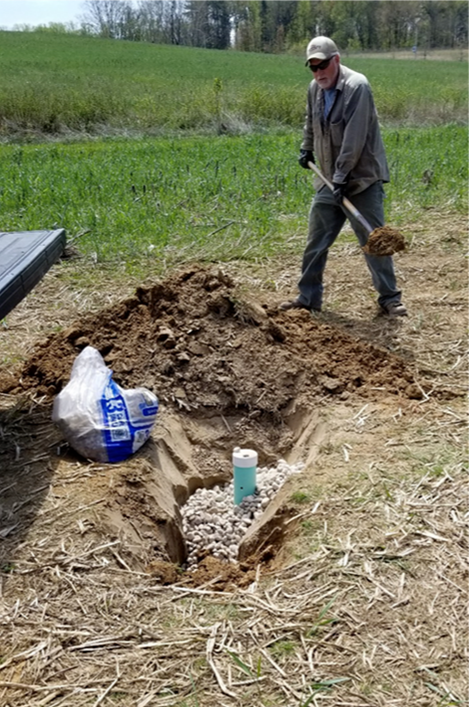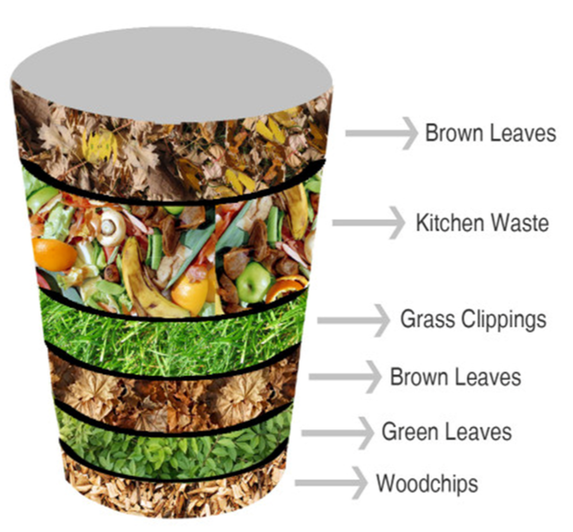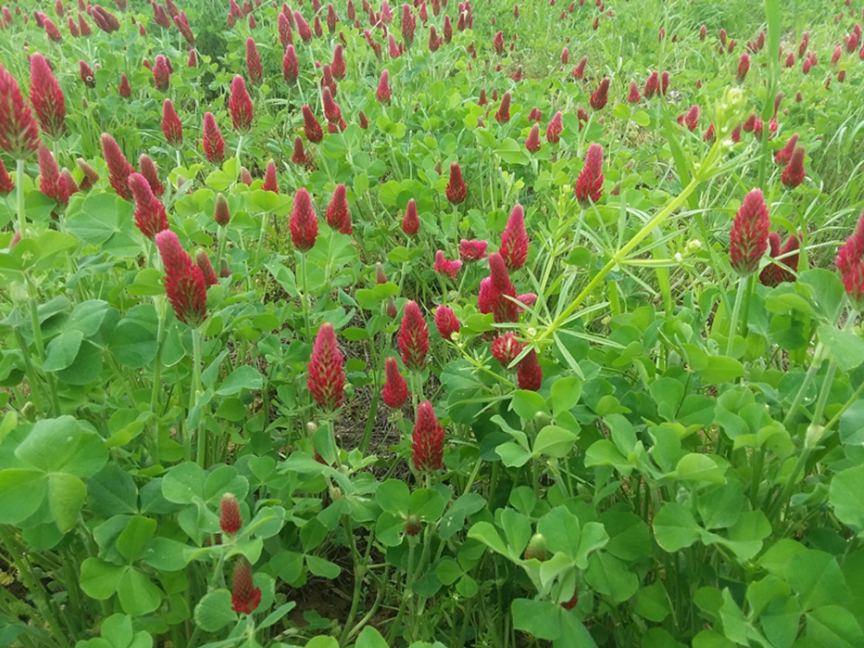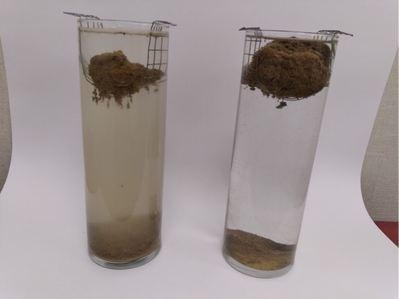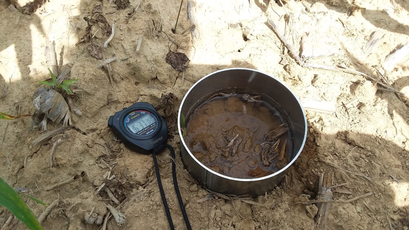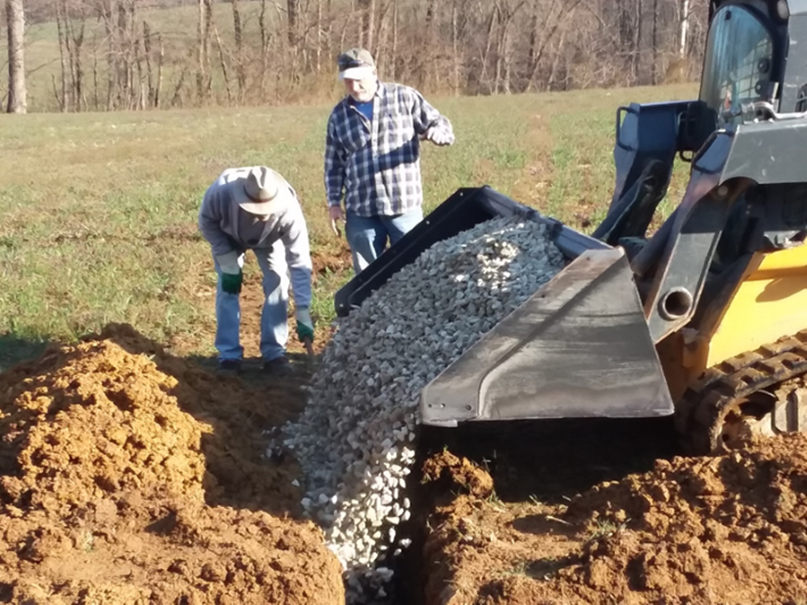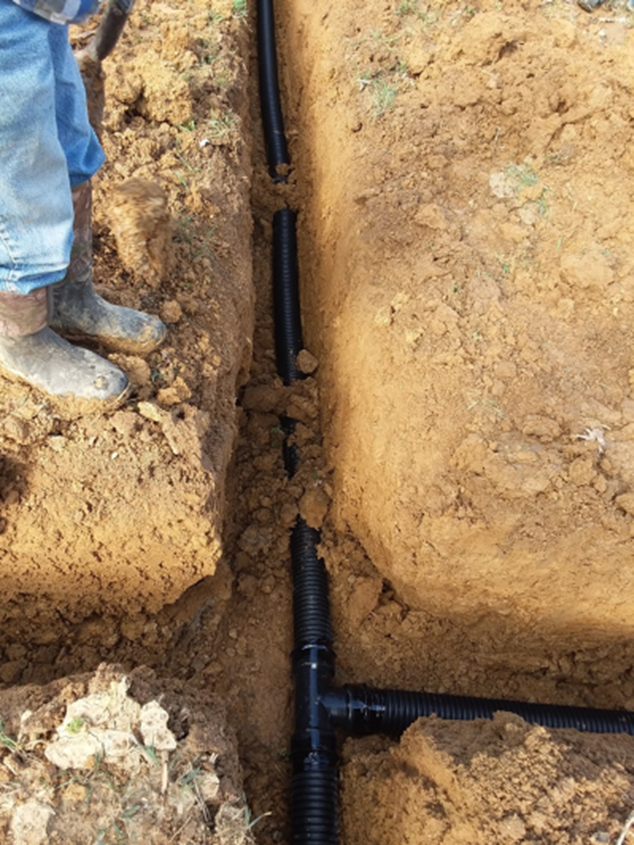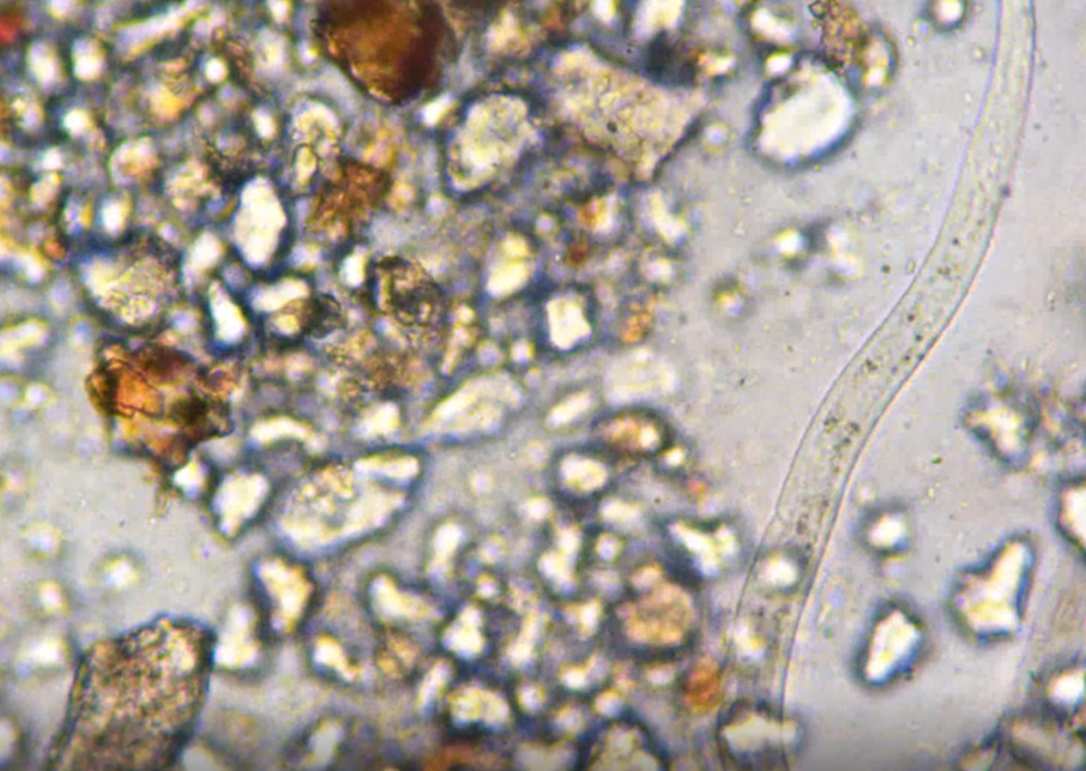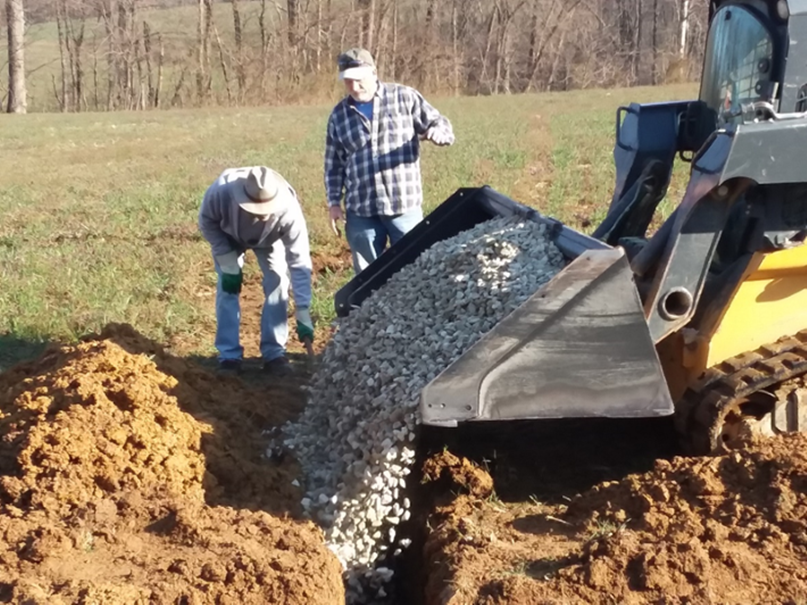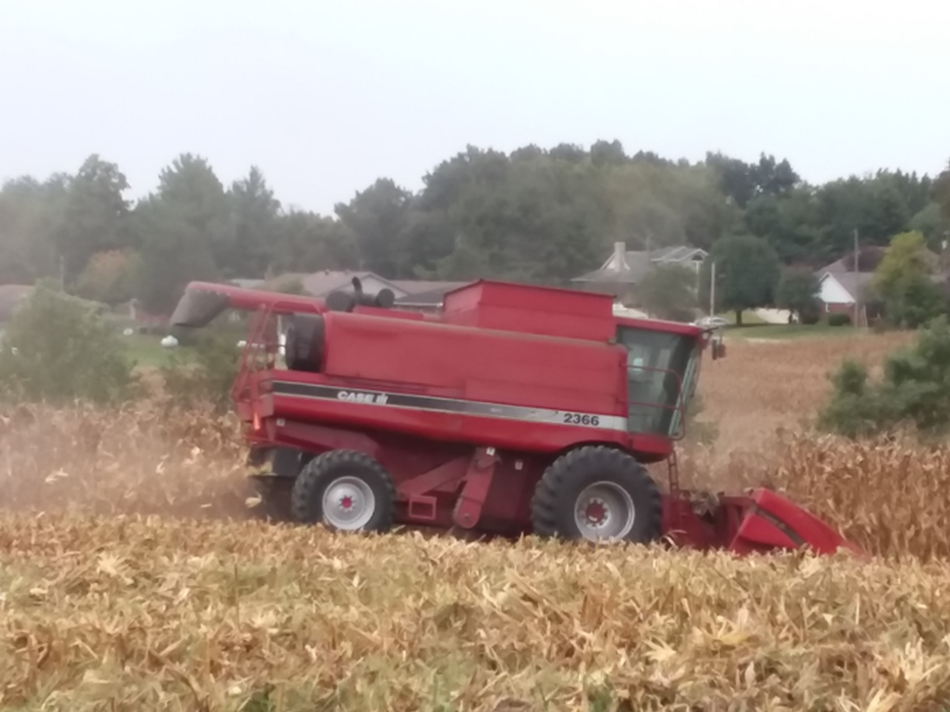|
LSI's goal has always been to a demonstrative site for no-till farming practices and to educate the community about soil health practices. 2020 and the Corona Virus may have changed the way we share information and outreach, but the message remained the same - Soil health is the root of everything!
|
| ||||||
Notes From The Field
|
Several repairs and improvements happened in the spring of 2020. In April, several earthwork projects were completed. This included fixing suck hole caused by an old tile line in the WASCoBs, repairing a stream crossing and adding a more secure structure to prevent erosion. Additionally, erosion that was eating into the field borders was addressed and the area was stabilized with the addition of a rock chute to manage the water flow.
|
For the past few years there has been a wet spot in Field 1. This lower lying area has been prone to holding a large pool of water after a significant rain reducing yields. This spring Bart Pitstick and Alan Smock installed a hidden drain to resolve the issue. The two men dug down several feet to the existing tile line in the field and added a junction and a vertical perforated pipe. A cap was placed on the top of the structure approximately one-foot underground. The hole was filled with gravel creating pore space and allowing water to infiltrate more easily. In May, a significant rain event tested the system and it passed with flying colors
The goal for the 2020 crop season was to once again plant green, this time on a larger scale. However, we did not plant green – as we were unable to borrow a roller crimper due to universities being shut down due to the pandemic. Planting did occur early in the season which lead to an early harvest as well as early planting of cover crops. Facebook posts were created showing all of these events. |
State Soil Health Specialist Visited LSI
In October, State Soil Health Specialist - Stephanie Mclain visited the LSI. She came to see the differences in soil structure that have occurred with 9 years of no till cover crop management as compared to the acre of soil that has been continuously tilled with no cover crops in the same field. She offered her insights into the changes that she could see in the soil color, the soil aggregation (ability to hold together when wet and not erode), the improved water infiltration (ability of soil to quickly soak in water during a rain fall to prevent runoff) rates in the no till cover crop soil, and the differences in compaction layers between to soil samples.
These results were shared in the LSI 2021 virtual education series and are available on the SWCD YouTube channel.
These results were shared in the LSI 2021 virtual education series and are available on the SWCD YouTube channel.
Below are the tests comparing no-till cover crop soil to tilled soil samples.
|
Slump Test
|
Slate Test
|
Water Infiltration Test
|
Education & Deomonstration
|
Only two in-person events were held early in the year before social distancing prevented this type of outreach. On February 10th a group of farmers gathered together for a round table discussion about farming recently reclaimed mine ground. Mark Anson, a farmer from Monroe City, IN, shared anecdotes and facts gleaned from his soil own health journey as well as tips for farming reclaimed mine ground. Jeff Coats, retired from the NRCS, explained some of the federal RCPP programs available to assist farmers with planting cover crops on reclaimed mine ground. In total there were close to 40 people gathered in Mill Creek Farms’ shop.
|
|
The only other in person event that was able to be held was the SW Indiana Envirothon competition. Melissa Ruschau presented an aquatics section to high schoolers before the testing began. This included hands on refreshers of aquatic macro organisms and a 3D virtual watershed table. Two Dubois County high schools qualified for the State competition that sadly was cancelled.
|
All other on-site school visits and career day presentations were put on hold. The SWCD created videos detailing what the SWCD is, and the various staff members described their roles, and this was shared on the Dubois SWCD YouTube channel. The SWCD also increased the frequency of Facebook posts sharing what was happening out in the LSI farm fields and well as educational videos, including what microscopic life lives in the soil, and harvest videos.
If you would like a chance to tour the LSI property to see these changes in person or have questions about adopting cover crops please call Melissa Ruschau to arrange a visit (812) 482-1171 ext. 3. The district has purchased a soil health testing kit and is willing to come to your farm for a site visit and evaluation of your soils’ health because after all - Soil health is the root of everything!
